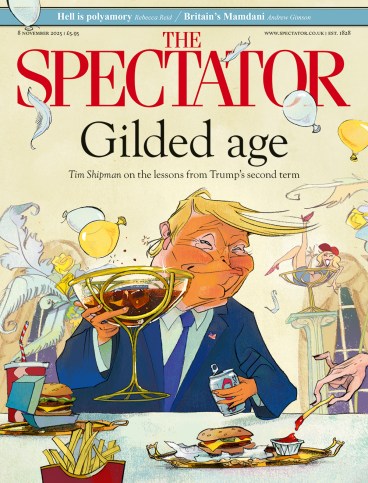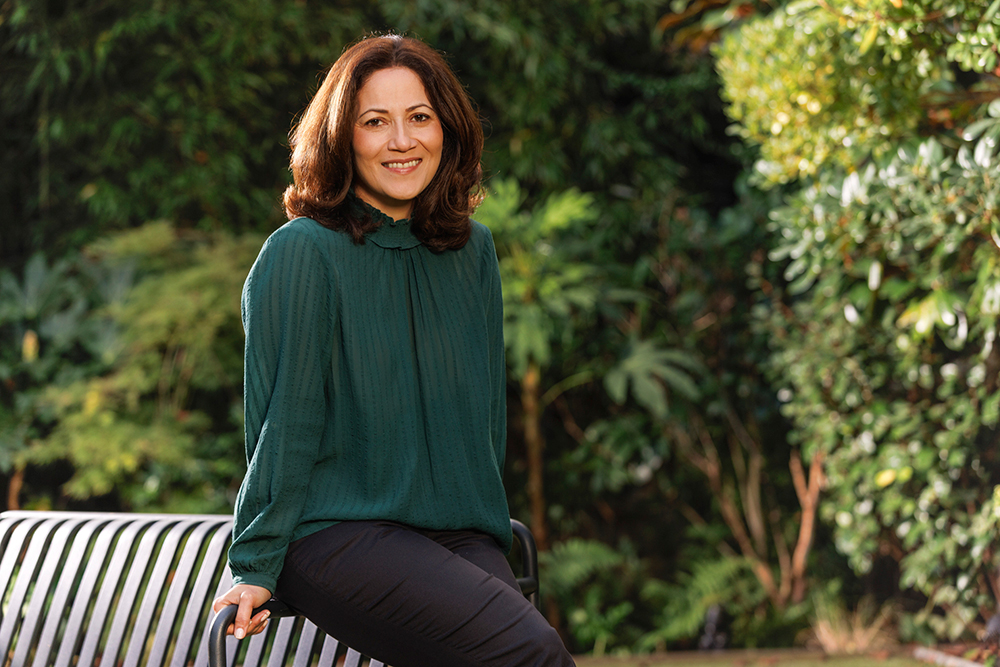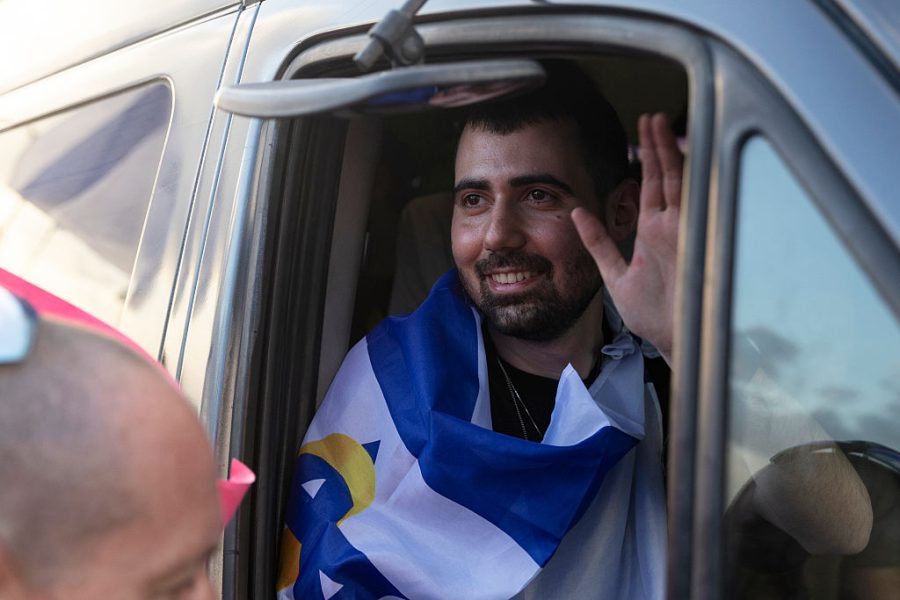
Nearly a year after my final Radio 4 shift, my new interview podcast has launched, and the weeks are more varied than anything I’ve previously experienced. The main focus is of course the guest and the content of the next episode. But we’re often at different stages of two or even three interviews at the same time, and production questions take us in multiple directions. How recent is the headshot the illustrator is using for artwork? What’s the best headline for each version: audio, video, text, social? What about practical arrangements or special requests for the next recording? On that note, an interesting contrast between the two political leaders who came into the studio for our first two episodes: while Canada’s Mark Carney had the large entourage of a serving prime minister, his single videographer was eclipsed by Nigel Farage a week later. The two-person Reform equivalent captured their man from every angle, and, within hours, released their own version of his visit to Bloomberg HQ. This is social media not as an add-on, but an integrated political language.
Those two interviews were followed by the Venezuelan Nobel laureate Maria Corina Machado, speaking to us amid the US military build-up off the coast of her country. And this weekend, we delve into Julia Ioffe’s Motherland, a sweeping history of Russian women through the 20th century and to the women campaigning today for soldiers to come home from Ukraine. We recorded in Washington, D.C., where Ioffe works as a journalist, and afterwards I went to see a friend whose own life is a version of Ioffe’s epic story. Irina and I reminisced about the Moscow student hostel where we met in 1992, and she told me of the privations of her grandmother’s life, through waves of totalitarianism and between Russia and Ukraine. Write it down, I pleaded, if only to capture the history for your American daughters.
Speaking of daughters, an enormous file has arrived from BBC1’s Who Do You Think You Are?, with the documents gathered by brilliant researchers who worked on my episode. Six months on, I don’t think it’s a spoiler to say that the journey took me to revolutionary-era Massachusetts, and a forefather who became a general in the force that ousted the British. The paper trail should allow me to join ‘Daughters of the American Revolution’, an organisation founded in 1890 by women who were being excluded from existing societies. The forthcoming 250th anniversary of American independence makes this an apposite moment to do so, and I found myself thinking of General Michael Farley as I walked through the halls of the US Congress this week. As I looked at the paintings of key scenes, I saw those pictured as his contemporaries, perhaps even his friends. What would he have made of his grandson’s move to India in 1820, I wondered, which gave him descendants all over the world?
From Washington to New York, and a launch party for The Mishal Husain Show, hosted by Bloomberg’s editor-in-chief John Micklethwait and Tina Brown, who was to turn the tables and ask me questions. ‘I think of Mishal as a velvet cattle-prod,’ she began, a memorable introduction. To my mind, Tina can call me anything she likes: her career continues to inspire. Before the podcast launch she was one of my Bloomberg Weekend interviews and, after talking about American politics and Donald Trump, I turned to the subject of the media. Asking for a friend, of course, what would she advise on launching a new show? ‘I’m going to bore you by saying I still firmly believe in quality, but done with enough flair to lure people to listen,’ she replied. ‘You have to keep thinking: people will be bored. However serious your publishing, you still have to be good at seduction.’ Noted, Tina.
Back home to London, where autumn is further along than the full colour of the US East Coast, and leaves are falling fast. Our garden is a sorry sight as it’s mid refurb: a space once dominated by the boys’ cricket net is being turned into planting beds by our garden-designer neighbour. The brief we gave her was unusual: inspired by places we had seen in Andalucia, Morocco and Pakistan, we asked for an Islamic garden. She kindly went off to research and the result is a version of the traditional charbagh, a representation of Paradise via a garden of four equal parts. The planting itself, though, is likely to be English cottage garden and thus, as in so much else in my life, threads and influences will overlap and intersect.
The Mishal Husain Show releases new episodes on Fridays on podcast platforms and YouTube, with annotated text versions for bloomberg.com subscribers.








Comments